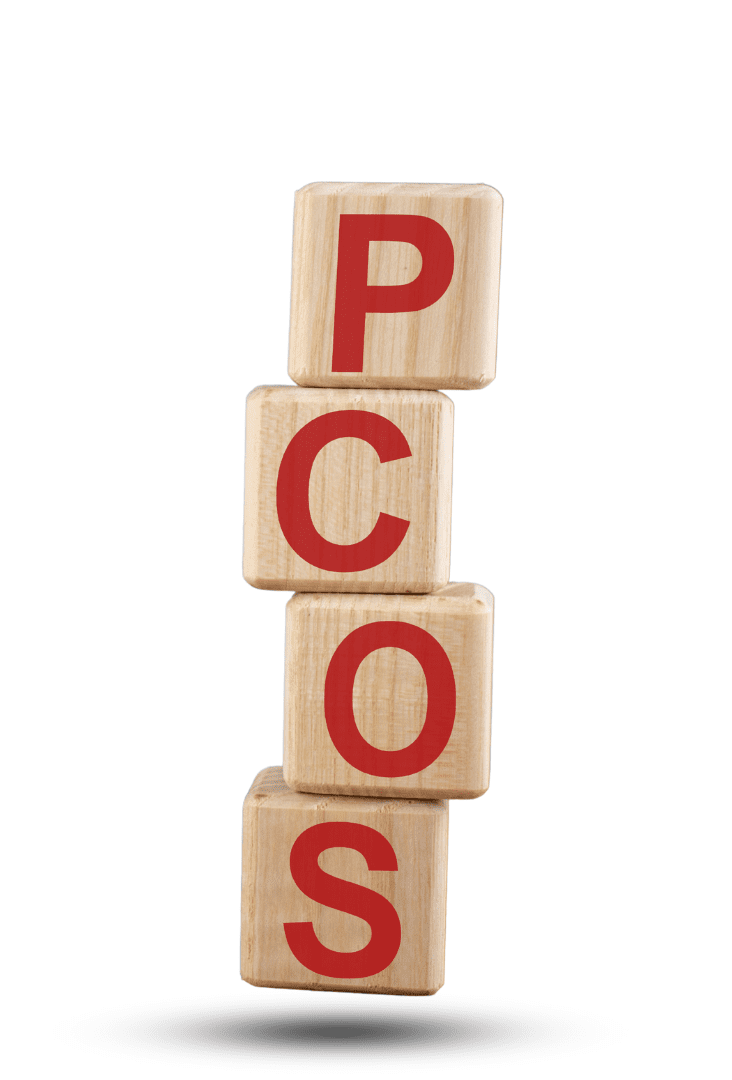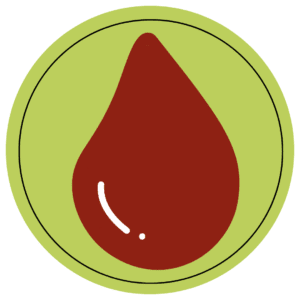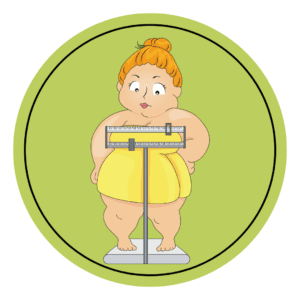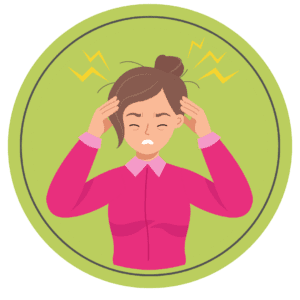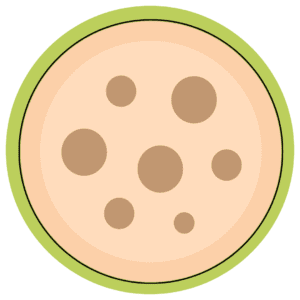This Site may include a variety of features, such as health tips and videos, services provided at Natural Endocrinology Specialists™, our online Supplement store, NESAZ Programs, email, and patient portal services. DISCLAIMER: These statements have not been evaluated by the Food & Drug Administration. These programs and products are not intended to diagnose, treat, cure, or prevent any disease. The information contained herein is for informational purposes. Please be sure to consult your doctor before taking this or any other product/program. Consult your doctor for any health problems or before starting a new program.
